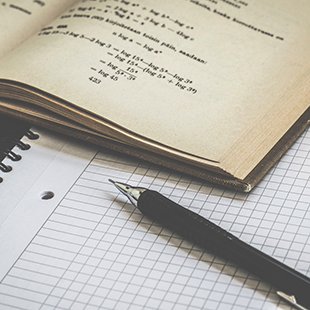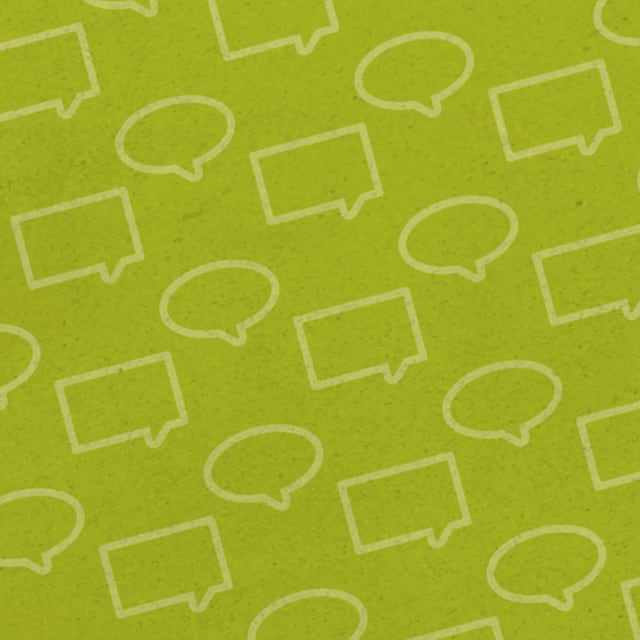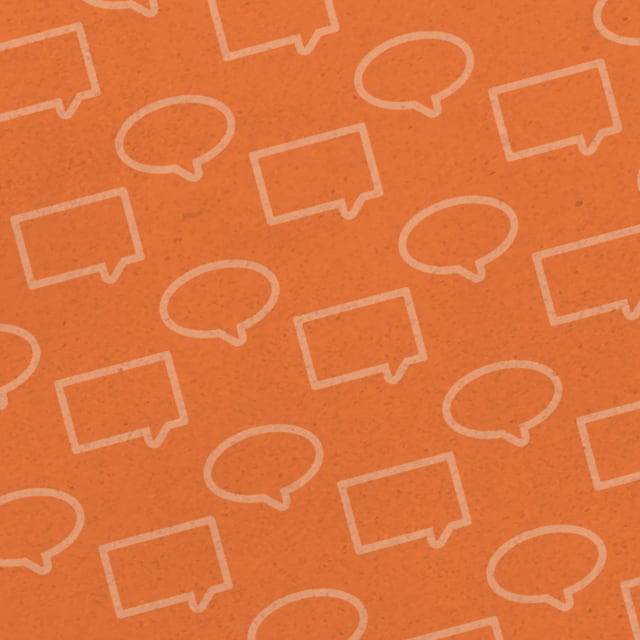Author: Angela Ziegler
Preparing for a test can be stressful, especially if you’re not very interested in the subject. Not only is it stressful, but studying for a test can make a person feel more anxious and overwhelmed than they were before. Listed below are some tips and tricks that will assist in reducing stress levels and promote productive studying.
Although the tips may not work for everyone there is one tip that is above all the rest – remember that your health and well-being is more important than a test. Therefore, don’t be afraid to take study breaks and take your time!
1. Make a list of concepts to review
Having some sort of guideline for your study sessions is useful, because it allows you to keep focused on studying. Creating a list also ensures that you don’t miss any important concepts. Lists allow you to see everything, so that you don’t get hung up on unimportant details. Some teachers will create study guides for their students, but you can also make your own study guide based off of your notes or the textbook.
2. Review the material in small chunks over a longer period of time.
Begin studying three to seven days before a test. Personally, I’ll start to study every day for about 30 minutes per day. The amount of days I study for varies depending on how comfortable I am with the material, and what other work I have to do. This method of studying helps me to retain the information I’m learning for a longer period of time. Instead of cramming the night before a test (which could take three hours or more), you can study for half an hour a day for six days before the test. That would be equivalent to the same amount of time as cramming!
3. Having a routine can help you stick to your studying.
Having a regular time and place just for studying is extremely beneficial. If you pick a place without any distractions it can ensure that you are able to focus on your studying and get it done quickly. It also makes it more likely that you will keep studying every day, as it becomes a habit. Not everybody works best with set routines, but it’s good to consider nonetheless.
4. Don’t read passively.
Don’t just read your notes! When reviewing your materials, try and become active and engaged. I like to pretend to explain ideas out loud without looking at my notes. Then I’ll look at my notes and see if I was accurate. For memorizing lists of things, you can practice listing them off out loud or writing them down. When you’re done check over your answers and see if you are correct. When you’re more comfortable with the material, try practice tests to see if you’re able to apply what you’ve memorized! Just make sure you do the practise questions when you’re ready.
5. Studying with other people.
It’s really helpful to have somebody to review with. They can quiz you based on your study guide, and you can explain concepts to them. The study buddy method is a really good way to ensure that you’ve learned what you’ve been studying. It can also make studying more fun and less boring. Of course, not everyone likes studying in groups, but if you want to, it is a good way of making you’re studying more effective and enjoyable.
Hopefully some of these tips can help you with any tests that you have coming up. And again, remember that taking care of yourself is more important than any test!
Good luck, and happy studying!
























